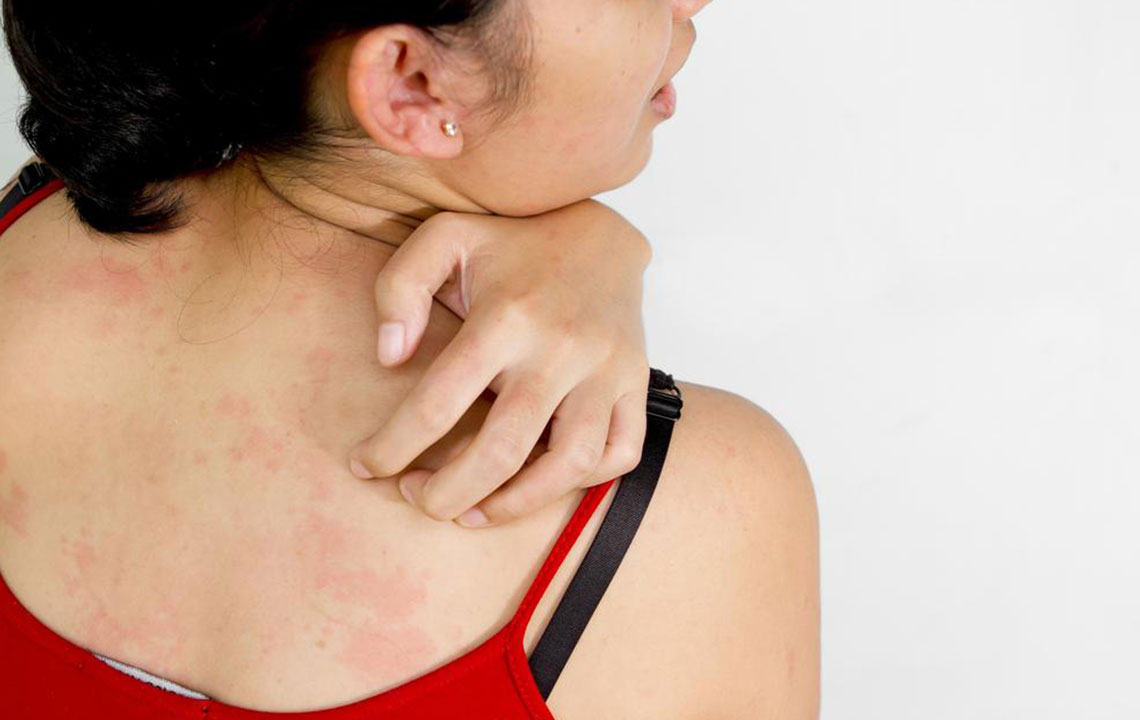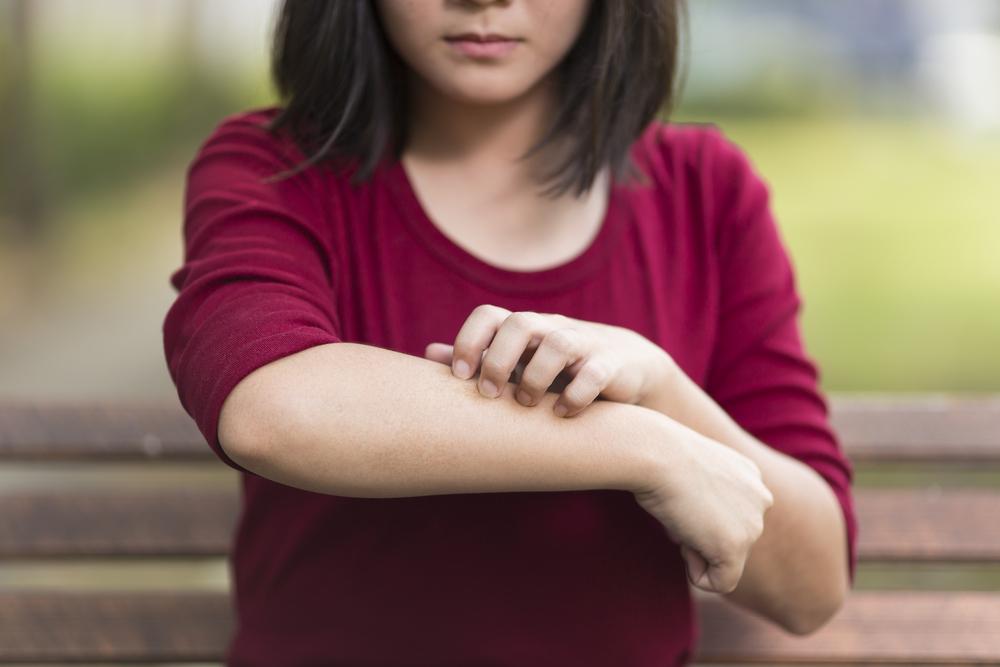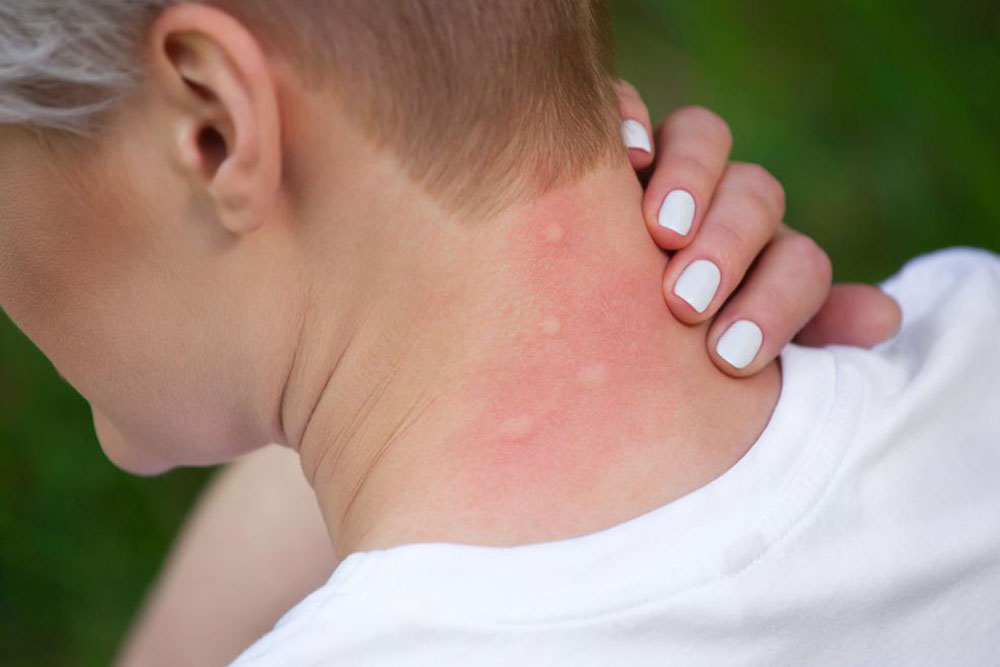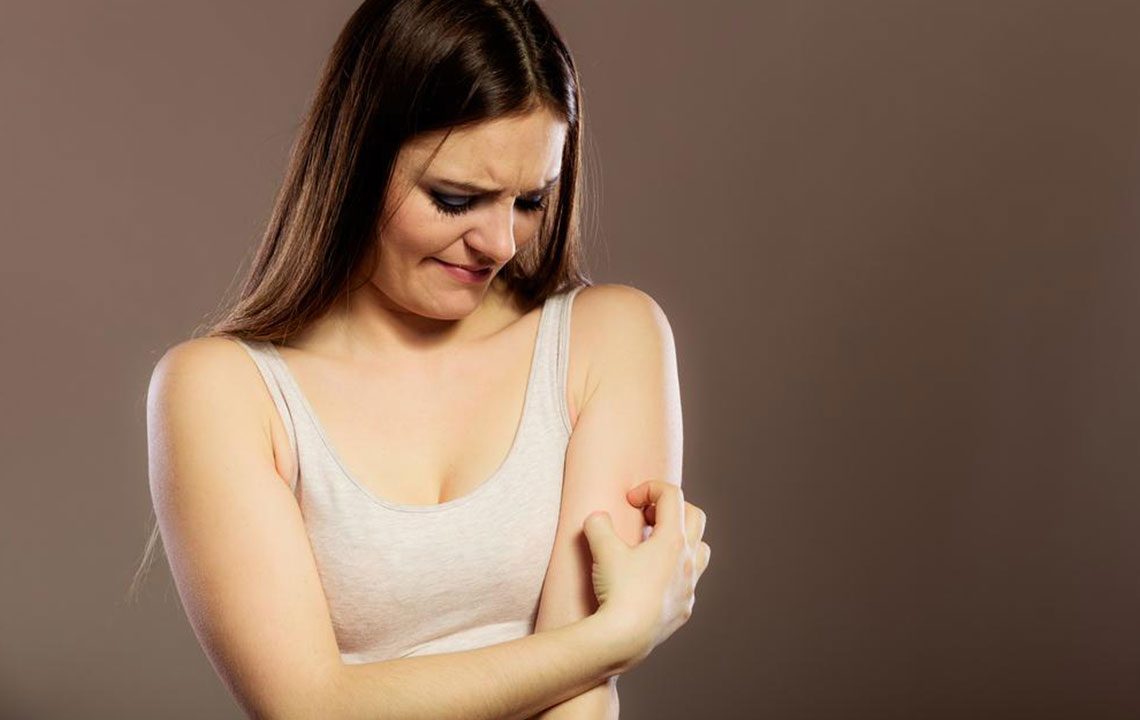Comprehensive Strategies for Relieving Persistent Itchy Skin Discomfort
This comprehensive guide provides in-depth insights into the causes, symptoms, and effective treatments for itchy skin. It covers common skin conditions, systemic health issues, and practical advice to soothe and prevent persistent itchiness. Whether dealing with dry skin, eczema, or other causes, learn how to manage discomfort effectively and when to seek medical help to regain healthy, itch-free skin.

Effective Approaches to Managing Persistent Itchy Skin Discomfort
Itching of the skin, medically termed pruritus, is a common yet often distressing skin condition that compels individuals to scratch repeatedly. This condition can range from mild irritation to severe, widespread discomfort affecting daily life. Understanding the underlying causes, symptoms, and effective treatment methods is crucial for achieving relief and preventing complications. This comprehensive guide will delve into the various factors responsible for itchy skin, associated symptoms, and practical strategies to soothe and manage this frustrating condition effectively.
Continue reading to explore detailed insights on preventing and treating itchy skin, ensuring you can regain healthy, comfortable skin.
What are the primary causes of itchy skin?
Although dry skin remains the leading cause, numerous other factors can contribute to pruritus. These include specific skin diseases, allergic reactions, infections, hormonal imbalances, and neurological conditions. Recognizing the root cause is vital for targeted treatment and effective management.
Understanding the key causes of itchy skin can help you adopt appropriate strategies to alleviate symptoms:
Skin Dehydration – The most prevalent cause of itching, especially in dry or aging skin. Factors such as environmental dryness, air conditioning, exposure to harsh soaps, and frequent hot showers can strip natural oils from the skin, leading to dryness and itchiness.
Atopic Dermatitis (Eczema) – A chronic inflammatory skin condition characterized by dry, itchy, red, and irritated skin. Harsh fabrics, environmental irritants, and heat can exacerbate eczema, leading to frequent scratching and potential skin lesions.
Other potential causes include:
Contact Dermatitis – Allergic or irritant reactions resulting from contact with certain substances like soaps, cosmetics, or plants.
Psoriasis – An autoimmune disorder where thick, scaly, and itchy patches form on the skin, often causing discomfort and secondary infections due to scratching.
Chronic Kidney Disease – Toxin accumulation from kidney malfunction can induce widespread itching, often worsening at night and affecting sleep quality.
Liver Disorders – Liver malfunction can cause itching, particularly on palms and soles, due to bile salt deposits in the skin.
Diabetes Mellitus – Elevated blood sugar levels can dry out the skin, resulting in persistent itching and increased risk of infections.
Hypothyroidism – Reduced metabolic activity associated with hypothyroidism often leads to dry, rough, and itchy skin surfaces.
What are the common symptoms of itchy skin?
Itching may occur as localized discomfort or cover large areas of the body, often without visible signs initially. When visible, redness, bumps, or dry patches may be evident.
Repeated scratching can cause skin damage, leading to scaling, cracking, bleeding, or secondary infections.
The persistent cycle of itch and scratch can make relief difficult, leading to emotional distress and affecting overall quality of life.
Effective methods to soothe and manage itchy skin
Cold Compress – Applying an ice pack or cold, damp cloth provides immediate relief by numbing nerve endings and reducing inflammation.
Oatmeal Baths – Colloidal oatmeal is renowned for its anti-inflammatory properties, soothing irritated skin and diminishing redness.
Topical Cooling Agents – Menthol or calamine lotion offer cooling sensations that help distract from the itch and calm the skin.
Hydrating Moisturizers – Regularly applying fragrance-free, gentle moisturizers creates a protective barrier against dryness, preventing future occurrences of itching.
When to seek medical attention for persistent itching
If home remedies do not provide sufficient relief or if symptoms worsen, consulting a healthcare professional becomes necessary. Medical interventions may include:
Medicinal Creams and Ointments – Topical corticosteroids or antipruritic creams help reduce inflammation and itching.
Oral Antihistamines – Prescribed for allergic or histamine-induced itching, aiding in symptom control affecting sleep and daily functioning.
Phototherapy – Ultraviolet light treatments are effective for severe, chronic cases like eczema and psoriasis.
Managing Underlying Conditions – Treating systemic issues such as kidney or liver disease can significantly reduce pruritus.
In summary, understanding the multitude of causes and symptoms of itchy skin is essential for both prevention and treatment. Maintaining skin hydration, avoiding known irritants, and seeking appropriate medical care when needed can help restore skin health and comfort.





